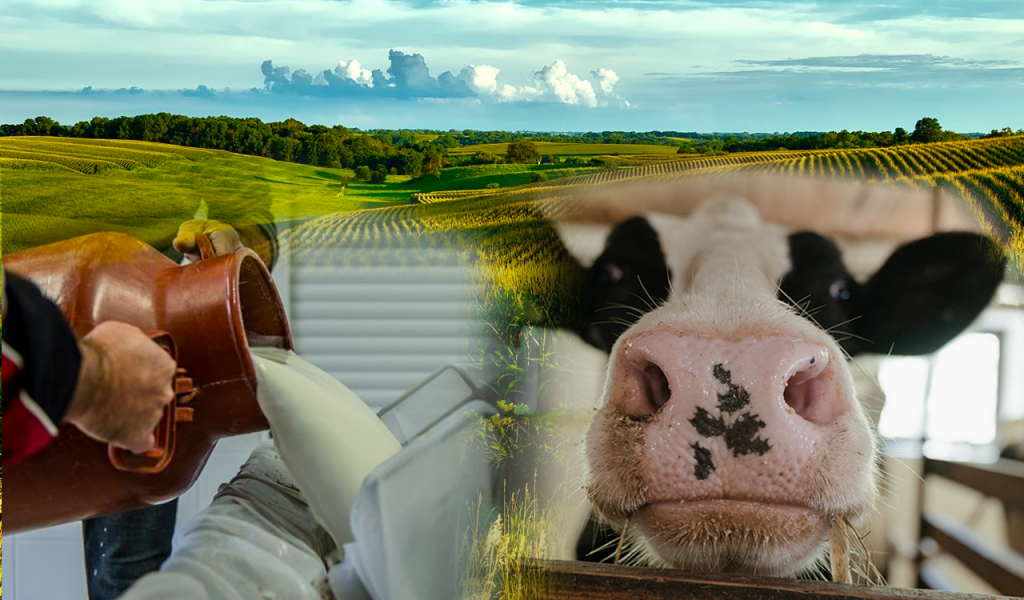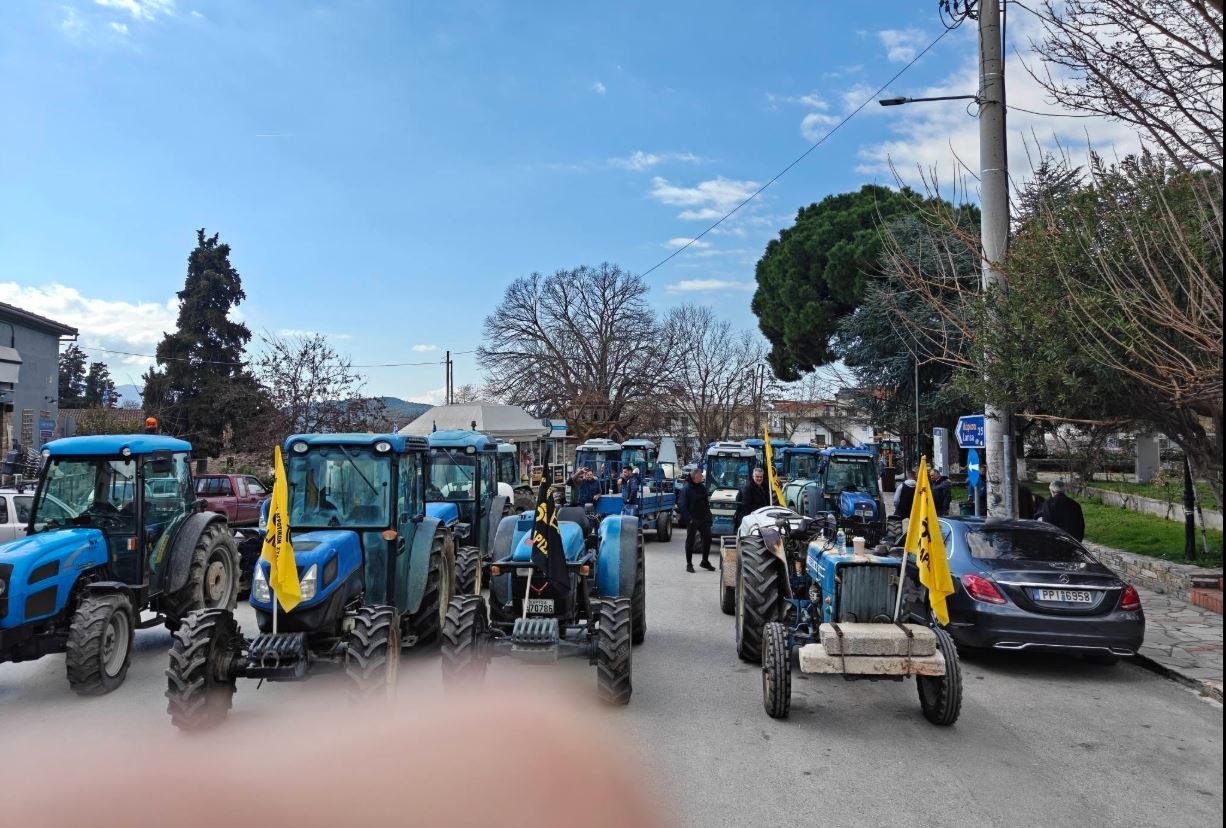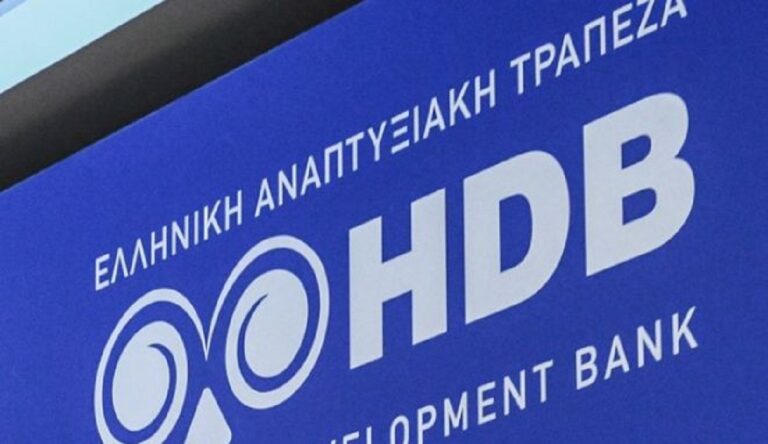The American Agricultural School proceeded to produce – for the first time in Greece – cheese from fresh (that is, unpasteurized) cow’s milk.
Abroad, raw milk cheese production is quite common and includes highly recognizable products (eg Pecorino di Filiano, Cacioricotta, Roquefort, Brie). In Greece, until recently the mandatory (for health reasons) pasteurization of milk for cheese making did not allow the production of cheese from raw milk. The new framework recently introduced allows, under conditions, the production of cheese from raw milk. Specifically, according to the relevant ministerial decision, the production of cheeses aged for at least two months from raw milk is allowed following a decision of the competent veterinary authority.
The production of the cheese took place within the framework of the Raw Cheese project, which was implemented by the Strategic Projects Management Office (SPMO) of the Greek Academy of Sciences, in collaboration with the Veterinary Research Institute of state agricultural organization ELGO-Dimitra and the Livestock Laboratory of the Department of Veterinary Medicine of the AUTH, with the co-financing of Greece and the European Union through NSRF funding.
Results
The results of the project were presented at a special event hosted at the facilities of the American School of Agriculture. The head of Strategic Project Management Office-SPMO, Dr. Vicky Krystallidou, who briefly mentioned the course of the project, the trigger for its implementation and the great prospects of the sector.
The scientific manager of Raw Cheese and Research Director of the Veterinary Research Institute of ELGO-Dimitra, Dr. Georgios Samouris emphasized that for the production of the cheese from raw milk, the traditional technology was used which gives the special characteristics of taste, smell and texture. “The raw material was fully controlled and came from the USDA cattle breeding facility, which follows a specific standard of animal husbandry. Specifications were formulated for the production process and the assurance of the characteristics that determine the quality of semi-hard cheese,” he said. He added that the necessary conditions for the production of cheese from raw milk are that the animals are free from diseases contagious to humans and that the conditions of management of the rearing concerning hygiene and milking are at an excellent level.
In general, the advantages of making cheese from raw milk are:
- The unique aromatic characteristics that come from feeding the animals on natural pastures are not lost.
- The natural microbial flora of the milk is not destroyed, which affects the ripening of the cheese and its rich aroma.
- Some enzymes are not destroyed or others are activated
- Milk proteins are not degraded by the action of heat.
Integrated production system
The director of the Animal Science Laboratory of the Veterinary Medicine Department of Thessaloniki University, Professor Georgios Arsenos, referred to the health and well-being of the cows, from whose raw milk the cheese was made. “The object of the Raw Cheese project is the formation of an integrated system of production, promotion and distribution of cow’s cheese from raw milk with superior characteristics and parallel high business value from the model vertically integrated cow-feeding unit of the American Agricultural School”, he emphasized.
The main researcher of the Veterinary Research Institute of ELGO-Dimitra, Dr. Evdoxios Psomas said that the cheese produced was “of the Gruyere type” and presented the ways in which indigenous lactic acid bacteria were isolated.
ELGO’s mandated Researcher, Dr. Ioannis Sakaridis emphasized that “during Raw Cheese, the physicochemical properties of all cheese samples were good and corresponding to similar cheeses produced in Greece from pasteurized milk” and added that to produce a safe fresh cheese, it is necessary:
- good quality milk from a farm with high biosecurity standards
- milking and processing of milk under sanitary conditions
- maturation of the cheese in a controlled and hygienic environment
- the application of the rules of good industrial and hygienic practice by the staff
Consumer profile
For their part, SPMO Researchers Dimitrios Moustakis and Styliani Tassidou presented the “profile” of Greek raw milk cheese consumers, which is:
- belong to the 31+ age groupthey live in “households” of 3-4 members
- have professional or higher education
- prefer delicatessens and/or producers to source their cheeses – for them buying fresh cheeses is a simple process
- they consider cheeses from fresh milk tasty, nutritious and without a particular local identity
Finally, the Farm Manager of the American Agricultural School, Dr. Theodoros Kallitsis, emphasized that the Foundation’s farm is seriously considering the possibility of proceeding with the production of cheese from raw cow’s milk and at the same time presented research data for special products such as cheese from raw milk.









































